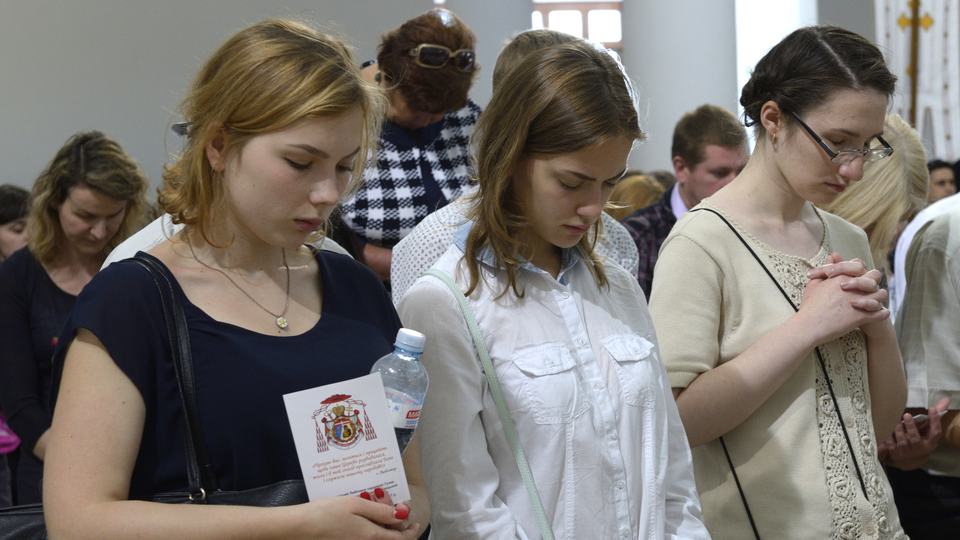What to say at a funeral?
Many people find it difficult to find the correct words to use, in part as they feel as though they might upset someone, or are feeling nervous.
There are things that can be said before, during and after a funeral, although mainly just being present at a funeral is generally the most important as it shows that you are being thoughtful.
Key takeaways
- Attending a funeral and being prepared to listen, rather than talking too much is important.
- What to say before a funeral and the importance of sending a sympathy card.
- What to say at a funeral service, such as sharing memories and providing reassurance.
- What to say after a funeral, such as specific help and ongoing support.
- Comments not to make during the funeral period and after, such as minimising statements and making comparisons to other bereaved people.
- Wherever possible try and support a grieving person with practical hands on help in the future.
Table of contents
To many, the death of a loved one is an emotional burden, and saying something to ease this pain is a challenge. Many people do not know exactly what to say at a funeral, probably because of fear of adding more hurt to someone or not showing the total sense of grief they feel. Words cannot soothe that pain; comforting words, which show empathy and understanding, however, will go some way to ease it.
Don’t worry because, in this article, we will talk about words and approaches showing compassion, respect, and sympathy and, at the same time, practical and reflective guidance on what to say and not say during this sad occasion.
Attending a funeral
The ability to attend a funeral far exceeds any issues of formality. It is an essential way of showing your support and respect for the dead and their family. All funeral services offer the opportunity to celebrate the life of a loved one, and being present brings immense comfort to those in sorrow. Bearing this in mind knowing what to say at a funeral is not the most important point on the day of the funeral
Sometimes, some people do not want to attend such processes because they fear they would not know what to say due to emotional overload. But many times, it’s just about being there that may make all the difference in support for those in need.
Funerals provide an avenue of shared healing. People in grief often feel that they suffer alone. However, meeting friends, family, and community has the effect of reassuring them that they aren’t alone. Going to a funeral shows that the life that was lived mattered. Doing that will let those left behind know you will be there for them.
If you are at a loss as to how to behave, or what to say at a funeral remember that often all you need to do is be there to listen and offer a comforting gesture – such as a hug or just putting your hand on the shoulder and usually even that silent nod can speak volumes in an expression of sympathy. You do not have to get it just right, you simply need to be present.
What to say before the funeral
Talking to the bereaved before the funeral can be daunting for anyone, but may well be eaiser than approaching the bereaved on the day with words of what to say at a funeral. Some believe that speaking of their loss would add to their pain. But that is when acknowledging the situation allows the grieving to start airing their emotions.
Acknowledging their grief
“I can’t imagine how you feel, but I’m here to offer help” is a good example. It validates their emotions and allows them to express grief whenever ready.
Sending a sympathy card
A sympathy card is the best way of giving your condolences. Use words that are what you truly feel. For instance, “Thinking of you during this tough time. Your loved one will always be remembered with love.” The grieving person can keep a card and read it when ready.
Offering to meet in person
If appropriate, suggest having coffee or going for a walk. This shows you are willing to listen to them beyond just a casual conversation. Be sensitive to their feelings and recognise this if they need some time on their own. Be sensitive to their emotions; if they need time, respect this. This personal meeting can often mean more than carefully chosen words on the day of the funeral worrying what to say at a funeral.
Creating space for their emotions
It is often comforting to say, “When you feel like talking, I’m here to listen.” This allows them to discuss their feelings on their timetable. In such a manner, a non-threatening atmosphere for their feelings is created.
Providing practical help
Practical support may involve making funeral arrangements or just handling matters perhaps too much for them. For example, “I’m here to help with whatever you need in preparation for the funeral.” This can lighten some of the burden in the trying days ahead. By doing so, your words can lighten part of the burden in the hard days ahead.
Using social media mindfully
With the world as digital as it is nowadays, many declare their loss via social media. Whether you comment or send a private message, your words must be considerate and respectful. A simple “I’m so sorry to hear about your loss” could work well here. This can work well for those who are unable to attend the funeral, and of course for many removes the pressure of what to say at a funeral.
What to say at a funeral
You will want to offer your condolences to the family at the service itself. What to say at a funeral and how much you say will depend upon your relationship with the deceased and the family.
Simple expressions of sympathy
If you are asking your self what to say at a funeral and don’t know them well, just a generic “I’m so sorry for your loss” will do. But personalise it if you’re closer to that family. You could say, “Your mother was a wonderful person who touched many lives. Her kindness will be sorely missed.”
Sharing memories
If you were close to the departed, then sharing a brief, fond memory would be appropriate. Words like, “Your mother was such a warm and caring individual” works well here. They praise the deceased individual while soothing the loved ones.
Giving encouragement words
Phrases like, “You have an amazing network of supportive people around you” show them that their is love and care nearby.
Providing reassurance
Sometimes, knowing what to say at a funeral can reassure the bereaved, “Take your time to grieve. We’re all here for you, ” letting them know it’s okay to take space and time while reminding them that one is there to help.
Appropriate nonverbal communication
Instead of thinking what to say at a funeral, volumes can be said with no words at all, body language, a light touch to the shoulder, and hand holding can be a very supportive gesture that often requires no words. But pay attention to their reaction. If they become overwhelmed, allow them time to digest their emotions and not feel forced to do more than they can handle.
What to say after the funeral
The grieving process is not over after the funeral, and your words at this time can be of immense comfort, and for some mean more than knowing what to say at a funeral. Here are some suggestions of what you might say:
Acknowledging the ongoing grief
Comments like, for instance, “I know this is just the beginning of a tough road,” show some sense of what they face and express empathy.
Sharing your thoughts
Consider sharing thoughts about what to say at a funeral, you can say, “The service was beautiful and captured your loved one.” It’s comforting because that shows you were paying attention and you cared about the celebration of their life.
Offering specific help
Saying, “I can bring in meals for the next week” or “Would you like for me to run errands for you?” is recommended here. Let the person know that you really would like to help.
Encourage feeling and sharing
“How are you holding up?” or ” I’m here if you want to talk about anything” are good examples. ” This lets them open up when they wish to. Sometimes these comments can be more productive than knowing what to say at a funeral
Validating their emotions
Tell them, “It’s normal to feel overwhelmed right now”. This helps them come to terms with their emotional responses.
Offering reassurance
Words such as, “I’m thinking of you every day” or “You have my full support” help them remember how committed you are to being present for them.
Staying present in their lives
It can simply be a message saying, “I’m here if you want to chat or need anything.” Such small things sometimes mean much.
A listening ear
If they’re willing to talk, allow them to do so with words like, “I’m here to listen if you want to talk about your dearest one.”
Words to avoid at a funeral what not to say
There are those sayings, even though well-intentioned, that do come across as insensitive/dismissive. So, being aware of what not to say is equally pivotal as well as what to say at a funeral.
Avoiding minimising statements
Avoid these phrases, “They’re in a better place” or “At least they lived a long life.” This minimises the family’s grief. Expert professionals in grief maintain that it is better to acknowledge the pain rather than give platitudes.
Don’t make comparisons
As much as it may be the words that you want to say since you, too, have gone through a similar loss, just don’t say, “I know how you feel.” Everyone’s journey through grief is different; the better way is to address their feelings rather than compare them.
Don’t push for positivity
Avoid saying, “Time heals all wounds” or “You’ll feel better soon.” Such words are well-intentioned but may imply that the raw feelings a grieving person experiences will be or should be healed quickly. Often, more help is provided by silent support or an assurance of presence, as in “I’m here for you.”
Supporting a grieving person beyond words

Often, what one does means more to the person in grief than what is said.
Offering practical help
Grief makes the day-to-day tasks of life feel huge. The offering of practical help can include cooking meals, grocery shopping, or helping with household chores. As mentioned, “I’d love to bring over a meal this week – what day works best for you?” goes a long way.
Being a consistent presence
Support does not end with the funeral. It sometimes means more to call, write, or visit on anniversaries or birthdays. All these small acts of kindness can remind a person that they’re not all alone, with a warm note or message, or simply by being there, and not worrying about what to say at a funeral.
Conclusion
Funerals are sensitive, and wondering what to say at a funeral can often be difficult. Most people appreciate the few sincerely supportive words. Remember that people grieve in so many different ways, and your being there with compassion and kindness may be the best you can offer. Sometimes, it is words, at times, silence, and sometimes just listening. Such sensitive, emphatic, and respectful approaches go a long way in comforting and strengthening persons undergoing one of life’s most challenging moments.



